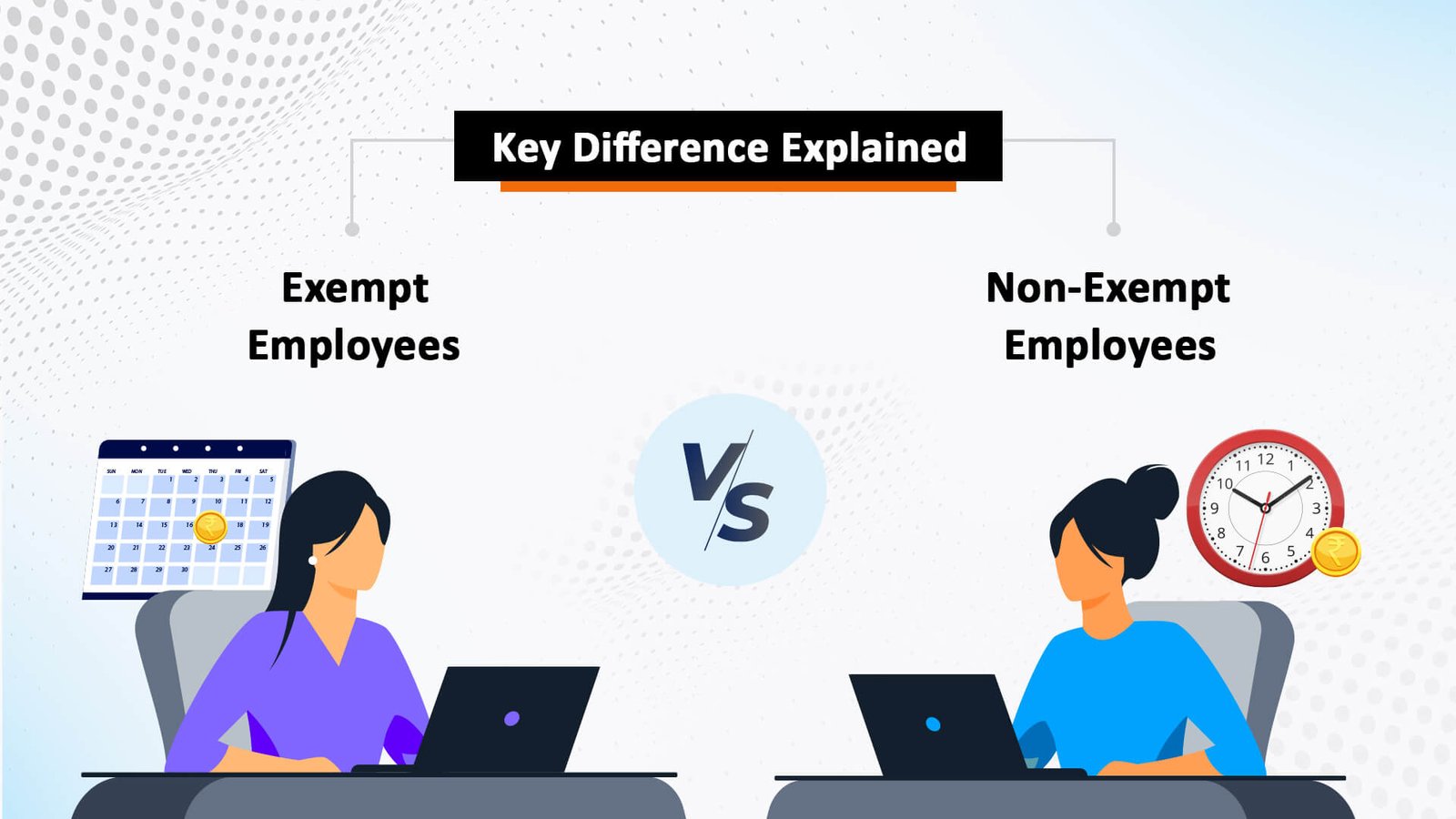North Carolina is a state in the Southeastern region of the United States. It is bordered by Virginia to the north and the Atlantic Ocean to the east. South Carolina to the south, Georgia to the southwest, and Tennessee to the west.
Many federal employment laws apply to compliance with the State of South Carolina labor laws and North Carolina labor laws, which is not just a legal obligation. Still, a failure to comply with these laws shall result in penalties or even the closure of a business.
In this guide, we have covered everything about North Carolina labor law 2025, which will help you in being compliant as you manage workers in North Carolina.
Importance of North Carolina Labor Law
North Carolina labor laws are vital for establishing fair and balanced workplace relationships between employers and employees. These laws protect workers’ rights, ensure workplace safety, and promote a productive environment.
Standard Working Hours
In North Carolina, full-time employment varies, but as per North Carolina labor laws, salaried employees can work 40 hours per week. Though there is no legal definition of full-time employment at the state level, employers must understand this level, as it can impact aspects such as benefits eligibility.
Minimum Wage and Overtime
In North Carolina, the minimum wage is $7.25 per hour, which is the federal rate for private-sector employees. This rate remains constant across industries, providing fair compensation for workers regardless of their sector.
When it comes to overtime, North Carolina follows the guidelines set by the Federal Fair Labor Standards Act. Non-exempt employees, who earn less than $684 per week, are entitled to 1.5 times their regular amount if they work more than 40 hours per week.
Insurance & Benefits
Employers in North Carolina should comply with both federal and state regulations when it comes to providing insurance and other benefits to their employees. This includes coverage under FICA Social Security and Medicare, as well as unemployment insurance, which is available at both the state and federal levels.
| Benefit Type | Employer Contribution |
| FICA Medicare | 15.3% |
| FICA Social Security | 6.2% |
| Unemployment Federal Insurance | 1% |
| Unemployment State Insurance | 5.76% |
| Workers’ Compensation Insurance | Varies |
Termination Laws
North Carolina has an at-will work rule. This means that either side can end the job tie with no warning or reason, unless a work deal or group deal says not to.
Bosses have to make sure that when they let someone go, it’s not for unfair reasons or breaking any big government rules like the Federal Worker Adjustment and Retraining Notification (WARN) Act.
When many employees are let go at once, employers must tell them 60 days before through the WARN Act. While the law does not say they must give final pay other than what was already earned, they might choose to provide extra money, or might have to give it, if it was agreed in the job contract.
Meal And Rest Breaks
As per the North Carolina Wage and Hour Act (WHA), employees (minors under age 16) who are 16 years of age can take a 30-minute break after 5 hours of consecutive work. This break cannot be shorter than 30 minutes to ensure a continuous work period. As per North Carolina labor laws for breaks, there is no legal requirement for a break for employees age 16 and older.
If employers choose to offer a break to employees older than 16, it must be at least 30 minutes long to be unpaid. Employees don’t get a breakroom or cannot leave the premises during the break till their duties are completed. As per the federal law, a break of under 20 minutes must be paid.
Child Labor Laws
The North Carolina Labor Law 2025 for Children is regulated under the North Carolina Wage and Hour Act to ensure the children’s well-being and education.
Children younger than 14 can’t work except in some specific situations, such as working for their parents, performing as actors or models, or delivering newspapers.
Minors aged from 14 to 17 must obtain a Youth Employment Certificate from the North Carolina Department of Labor before starting their work. Also, employers must keep a copy of this certificate for 3 years after the child turns 18 or leaves the job.
The child labor law of North Carolina also limits the types of work and the hours that minors aged 14 to 17 can perform.
Employers who don’t follow the instructions of child labor laws can face civil penalties of up to $500 for a first violation and up to $1,000 for each subsequent violation.
Employee Compensation & Severance Pay
North Carolina labor law is regulated under the North Carolina Wage and Hour Act for employee compensation and severance pay. This law ensures employees receive accurate pay.
Employee Compensation Method
As per the organization’s policy, the pay period must be defined. Employees may get compensation daily, weekly, biweekly, or monthly. However, the paydays of the employee must be regularly scheduled. Employees can get the payment in cash, by direct deposit, check, payroll card, or money order as well.
Some types of compensation may be paid annually.
Employers must provide the written notice at the time of hire:
- The payday and the method of payment.
- The promised wages.
- The location of payment (if delivered in person).
Promised wages include pay rates higher than the legal minimum salary. If there are any changes to wages, a written notice of at least 24 hours is required.
Employee Severance Pay
Employers don’t need to provide severance pay when the employee’s job ends as per the North Carolina labor laws. In some cases, the severance pay is offered, but for that, employers must follow the terms and conditions.
Health & Safety
The health of employees and workplace safety are the core requirements under North Carolina labor laws. The North Carolina Occupational Safety and Health (NCOSH) Division enforces state and federal occupational safety standards to protect employees.
Employers need to report to NCOSH within 24 hours if any serious workplace incident happens.
Some industries, like manufacturing, construction, and chemical handling, should follow the specialized safety regulations to maintain a standard office environment.
Taxes in North Carolina
Employers and employees must comply with federal and state tax obligations. As per the North Carolina labor laws of 2025, the individual tax rate is 4.25%. However, you can check other taxes in the table below.
Key taxes include:
| Tax Type | Tax Rates |
| State Income Tax | 4.5% income tax |
| Federal Income Tax | 10% to 37% |
| Medicare | Withheld at 1.45% of all wages |
| Social Security | 6.20% of wages up to an annual wage cap of $176,000 |
| Unemployment Insurance Tax | 0.06% and 5.76% of employee’s FUTA wages |
North Carolina Employees Should Use a Free Payroll Stub Generator
If you’re an employee and you’re facing challenges in calculating your taxes or managing your finances effectively, then you can rely on our tool to work in an organized manner.
If you’re using any expensive tool that is proving costly to you, then you can use Stubcreator’s free paystub generator, which provides you with accurate North Carolina payroll calculation information.
You can use the above information about North Carolina labor laws in 2025 to update your business.
Curious Minds Also Ask
1. Is it legal to work 8 hours without a break in NC?
Yes, it’s legal for employees aged 16 and older to work 8 hours without any break. However, employees under 16 must get a 30-minute break after 5 consecutive hours.
2. Can you be fired without warning in North Carolina?
Yes, as per the at-will employment model, you can be fired without warning. No contract says otherwise. Employers can terminate you for any reason, unless a protected reason is involved.
3. How many hours do you have to work to be considered full-time in NC?
There is no limit for full-time working in NC as per employment law. However, under the ACA, 30+ hours can be counted as full-time work.
4. What qualifies as wrongful termination in NC?
When an employee commits any violation of law, such as retaliation, discriminatory reasons, refusing to engage in illegal issues, or other contract breaches.
5. How long can you legally work without a break?
If you are 16 or older, then you can legally work 8 hours or more without a break.
6. Do you have to take a break in an 8-hour shift?
Yes, if you are under 16, then you can take a 30-minute break after 5 consecutive hours of work. But if you are 16 or older, then you are not allowed.
7. Is it legal to fire a warning shot in NC?
Firing a “warning shot” is illegal in North Carolina, as it can lead to criminal charges such as discharging a firearm within city limits and assault with a deadly weapon, unless it clearly meets the legal standard.
8. What are examples of wrongful termination?
Examples of wrongful termination are retaliation, firing for discriminatory reasons, illegal acts, and violation or breach of employment contract.
9. What are my rights as an employee in North Carolina?
As an employee of North Carolina, you have the right to fair pay, a safe place, protection from retaliation, and freedom from discrimination.
10. How many days can you work without a day off in North Carolina?
North Carolina law does not require a number of days off, but some industries have specific rest days.
11. Can you sue in NC for being fired?
Yes, if your firing violates any laws, such as contract violations, anti-discrimination laws, or public policy, you can sue.
12. How many breaks are in an 8-hour shift by law in North Carolina?
You can take a 30-minute break after 5 consecutive hours only if you are under 16 years old. Adults can’t get the breaks legally.
FAQ's
What is the minimum wage in North Carolina for 2025?
+
In 2025, North Carolina follows the federal minimum wage rate of $7.25 per hour, unless federal laws change. Some local or federal contract jobs may have higher requirements.
Are employers in North Carolina required to provide paid sick leave in 2025?
+
Currently, North Carolina does not have a state law mandating paid sick leave for private-sector employees, though certain employers may offer it voluntarily or under company policy.
What are the overtime rules under North Carolina labor laws in 2025?
+
Employees covered by the Fair Labor Standards Act (FLSA) are entitled to overtime pay of 1.5 times their regular hourly rate for hours worked over 40 in a workweek.
Does North Carolina have “at-will” employment in 2025?
+
Yes. North Carolina is an at-will employment state, meaning employers or employees can terminate employment at any time, for any lawful reason, unless a contract states otherwise.





